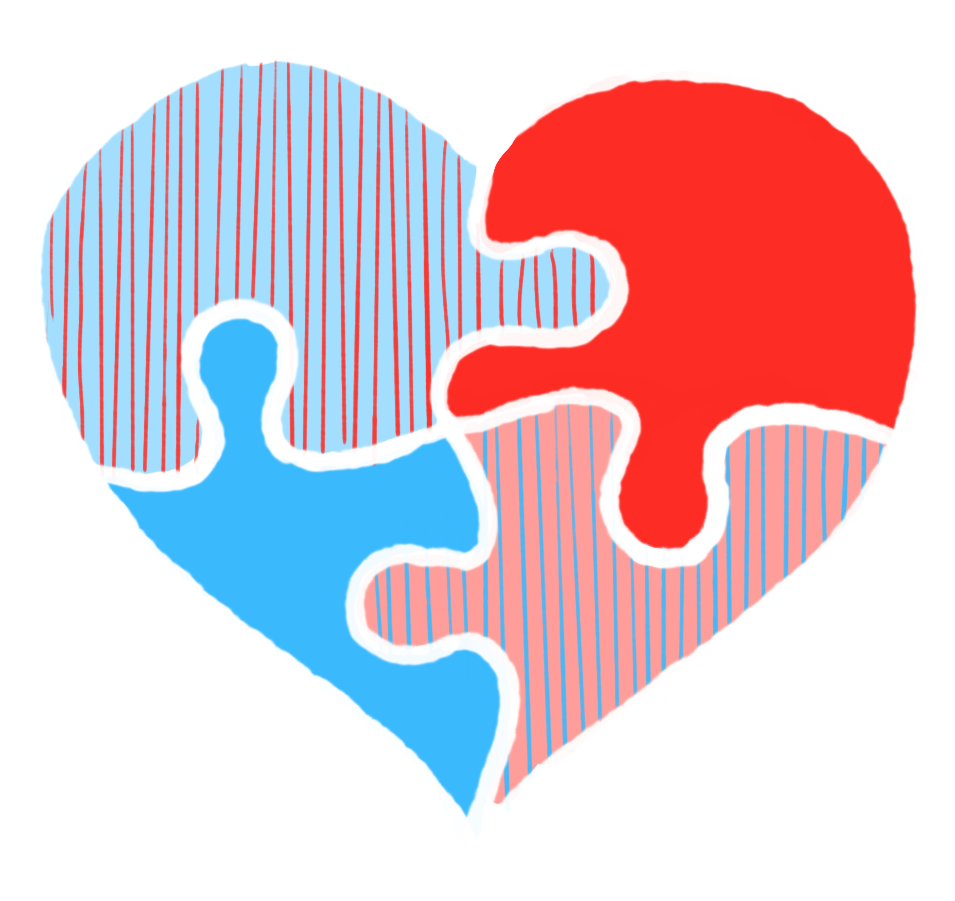Sexual development 15-18 years
Global development
On the way to adulthood! In this age phase, young people enter into relationships; many of them explore their sexuality. Dating, falling in love and being attractive: it plays a major role in their lives. Half of the young people are 17 when they sleep with someone for the first time. Young people practice relationships and can learn at this stage to better define their limits. Therefore, as a parent, let your daughter know that she can always come to you with questions about relationships or sexuality.
Specifically for anorectal malformations/Hirschsprung’s disease
Your daughter with an anorectal malformation/Hirschsprung’s disease may feel extra insecure about her sexuality. She may not dare to go dating. Shame can play a role, because it can look different down there or because she is afraid of accidents or farts during sex. Maybe there is some doubt: can I have sex with my vagina? Setting boundaries can also be different for your daughter, as she has been used to being touched by others between her legs since she was a child. If all kinds of people used to be allowed to 'touch' you, it might be more difficult to determine where you set your limits in the event of unwanted touches. In addition, her medical history may unconsciously influence her image of sex. Think of resistance to sex because of its association with pain and misery.
Solutions
Does your daughter have any questions or problems with relationships and sex? Try to be open by starting the conversation, but realise that at this age she may not want to discuss everything with you. You can encourage her to seek advice from practitioners, but you can also point out the possibility of talking to peers of the same age about it. Patient organisations often provide opportunities for young people to meet other young people with the same condition as them (visit their websites here).
Does your daughter feel prevented from dating and making love (now or later) because of an anorectal malformation/Hirschsprung’s disease? In that case, discuss the possibility of contacting a psychologist, sexologist or other professional counsellor for advice or counselling. Young people with a congenital anomaly or chronic illness are usually older on average before they dare to enter into intimate relationships for the first time. Explain to your daughter that the need for romance, love and friendship is part of life. It makes no difference whether you have a disease or not; you love a person, not a body. Let her know that she can always come to you with her questions. Of course, you can also encourage your daughter to go to the practitioner with her own questions, if she wishes.
Does your daughter already have questions about fertility and being able to have children later? Then go to a gynecologist; these specialists have the most knowledge about fertility and treatment options.
Want to know more?
Visit the patient organisation websites to find out about their peer support opportunities
About the transition from adolescent to adult in case of a chronic disorder:
- Link in Dutch [Open the link in Google Chrome and make use of the translation function to translate the website: See browser settings - Languages]
- ERNICA transition of care video series (ERNICA YouTube channel)



